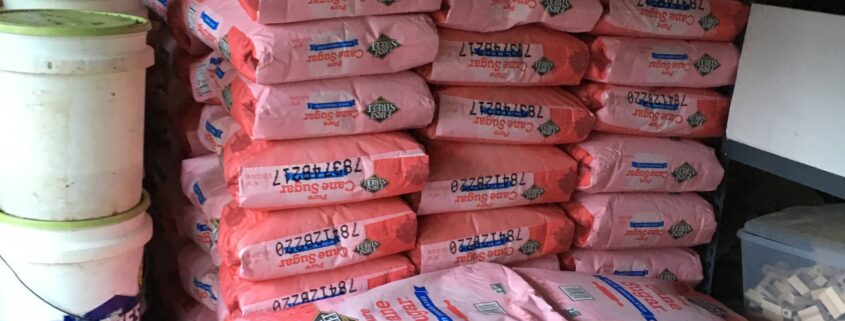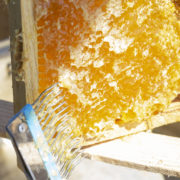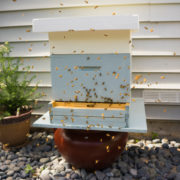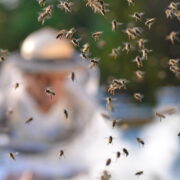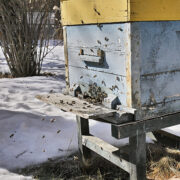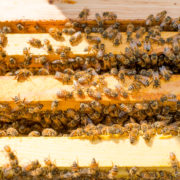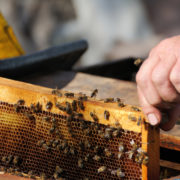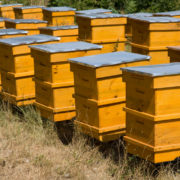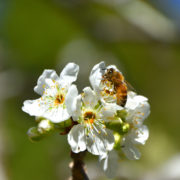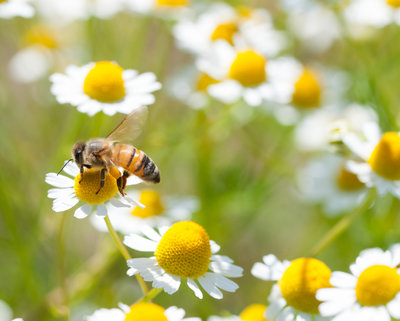Why Do Beekeepers Feed Sugar Syrup?
Some beekeeping purists and animal advocates have argued that feeding bees sugar syrup is contrary to their authentic nature. After all, bees in the wild live off of flower nectar, which is certainly more natural and very likely more nutritious for them.
In theory, a wild beehive collects honey during the productive months, enabling the bees to store natural and nutritious honey for the off-season. In the wild (or in a managed situation where a beekeeper does not intervene), a beehive must preserve and consume its stored honey provisions. If enough honey is stored, then the beehive does not need sugar syrup. If not, then the beehive is in trouble.
In today’s world of modern agriculture, pesticides, and a planet of over 8 billion people, this hypothetical situation of bees sustaining themselves is becoming less and less realistic. Wild honeybees scarcely exist in many parts of the world. Most honeybees are kept by beekeepers responsible for their well-being.
Most commercial beekeepers, and many other smaller-scale beekeepers, maintain apiaries consisting of large numbers of beehives—sometimes 100 or more in a single location! This crowding creates high competition for nearby flowers. Often, the surrounding food is not enough to sustain such elevated concentrations of bees. Beekeepers fill the gap by feeding supplemental sugar syrup feeding
In addition to beekeepers who manage large apiaries, most backyard and hobby beekeepers supplement their beehives’ food stores by feeding sugar syrup – a mixture of sugar and water. Beekeepers have many reasons for this, but the most common are:
- To prevent the beehive from starvation
- To allow the bees to have more honey than they need, providing a buffer against future shortages
- To build up the population during early spring or right before a honey flow
- To build up heavy stores before winter, which provides not only food but insulation against the cold
- To assist with the queen’s introduction
- To deliver medicine (through the feed)
Sometimes beekeepers are forced to feed sugar syrup when they over-harvest honey. This situation seems rather ethically wrong. A conscientious and responsible beekeeper will nearly always leave enough natural honey stores, so the colony does not lose all the fruits of its hard work. Fair is fair! Plus, the honey is likely healthier for the bees and contains some of the trace minerals of plant nectar. Ideally, a beekeeper wants their hive to prosper.

